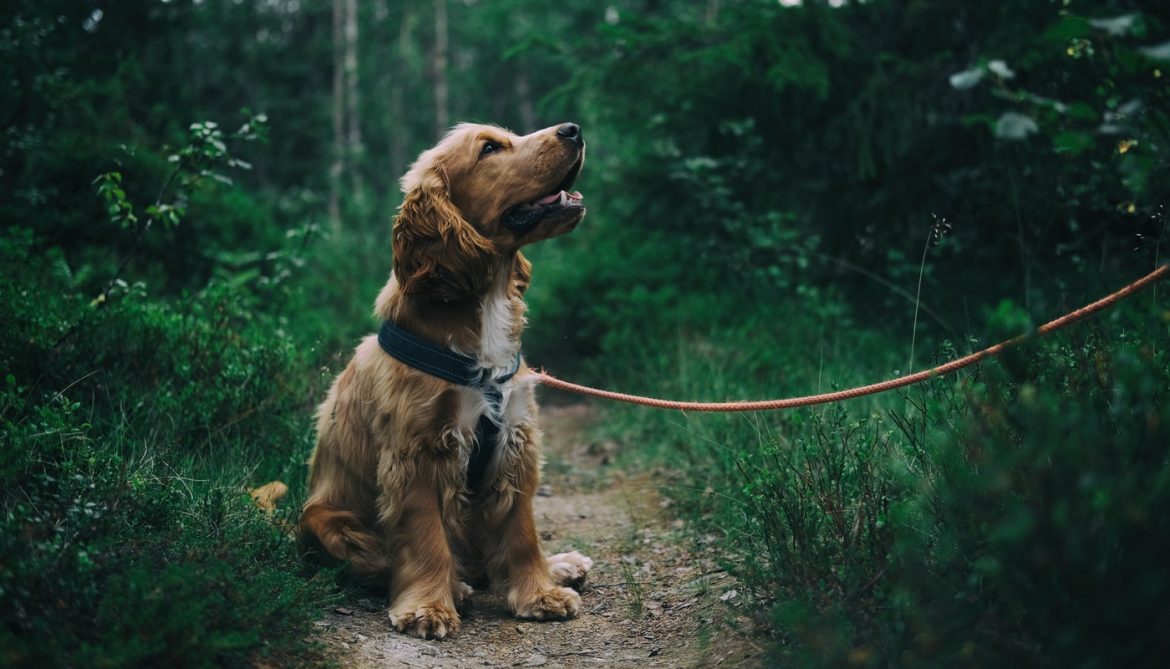Could there be a gentler dog? Cocker Spaniels – they rule the ring and our hearts. This merry breed is widely popular among small breeds because of its temperament, appearance, and obedience. They say there ain’t another breed with all three characteristics in one – do you think so too?
History
Cocker Spaniels hail from Spain, hence the word ‘spaniel’. They were used for hunting a bird called the woodcock, which gave rise to their first name, ‘cocker’. Cocker Spaniels would flush woodcocks out of bushes so that their hunters could shoot them. The breed flourished in the early 19th century prior to becoming a family favourite in America and then the rest of the world in the 20th and 21st centuries. Cocker Spaniels were bred for their intelligence, courage, cleverness, and above all, loyalty. The breed comes in two varieties – the American line and the English line.
About the Breed
Nutrition
Cocker Spaniels are among the most common breeds, and over time, have earned dog food tailored to the breed’s nutritional needs. However, if you choose to not feed breed-specific diets, age-appropriate diets are best. This must be given in accordance with weight and activity level because…no one wants an obese Cocker Spaniel. Those irresistible brown eyes will beg for every possible food, but remember to limit treats to only 10% of dietary intake. You can also choose to supplement their diet with calcium and fish oils to improve bone and skin health.
Grooming
Cocker Spaniels need a daily brushing and a bi-weekly de-shedding to prevent fur from clumping/matting and getting all over the house. Because of their fur, Cockers need a bath once in fourteen days along with a weekly ear clean and a monthly nail trim.
Exercise
They’re very energetic dogs, and if not exercised enough, they will begin to use all that energy into destructive behaviour like chewing, nipping, digging etc. Cocker Spaniels need two and a half hours of daily exercise in the form of brisk walking, jogging, swimming, agility, fetch, tug of war, running etc. The more you exercise them, the calmer they will be indoors.
Training
Cocker Spaniels enjoy training because it challenges their mind. They like learning new things and working their brain to solve problems. So, don’t stop at the basic commands – challenge your Cocker and see how far she can go!
Health
Cocker Spaniels are fairly healthy, but you need to watch out for obesity. Obesity brings along with it an exhaustive list of life-threatening diseases like diabetes, cardiomyopathy, arthritis, joint inflammation etc. They are also prone to hip dysplasia and early blindness.
Temperament
It’s important to socialise a Cocker by introducing her to everything and everyone in your life. The better socialised she is, the less aggressive she’ll be. A well socialised Cocker is friendly, gentle, even-tempered sensitive, and affectionate.
What are the advantages of raising a Cocker?
They’re friendly, even-tempered, and gentle dogs when socialised well
They do well in apartments as long as they are exercised
Cockers are easy to train and eager to please
They are a long-lived breed
They enjoy the company of children who are gentle and sensitive while playing.
What are the disadvantages of raising a Cocker?
Cocker Spaniels need regular grooming.
They need training and socialisation as early as eight weeks to prevent aggression.
They are aggressive chewers.
Cocker Spaniels can be very destructive if not mentally stimulated
They do not like to be left alone
Despite their size, they need lots of exercise to keep calm indoors
Did you know that this family-favourite pooch is the smallest of the sporting dogs? They love to be loved as a member of the family. So, have you brought your Cocker home as yet?
,

